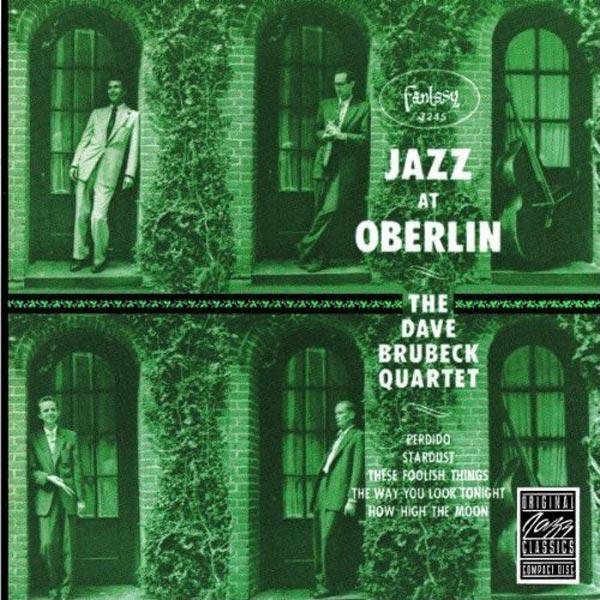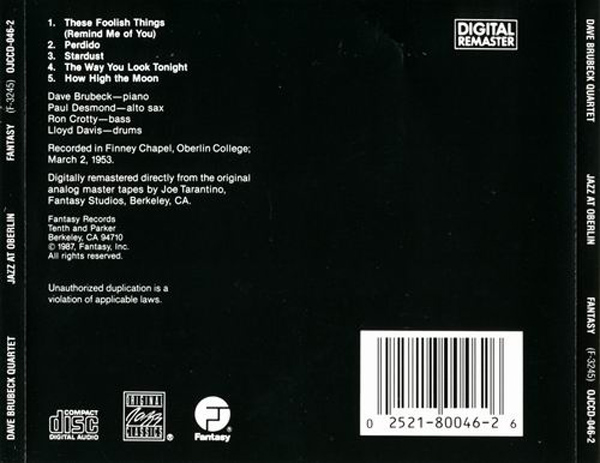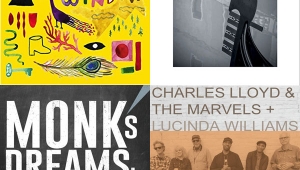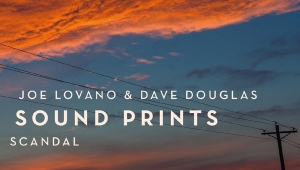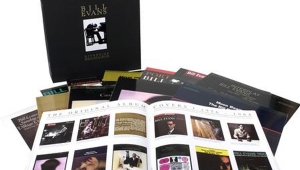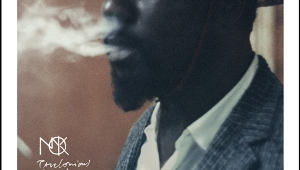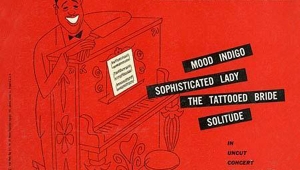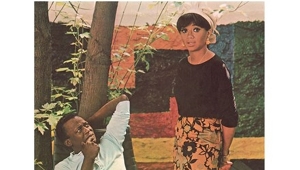| Columns Retired Columns & Blogs |
I hope that one day my piano playing is only as plodding and my compositions only as pedestrian as the esteemed Mr. Brubeck!!!! I only have every album he cut between the war and about 1975 in my collection (all the Fantasy titles, all the Columbias up to then). I think the mono ones are mixed better. Sony, get off your duffs and release a Dave Brubeck: The Mono Recordings Box!
